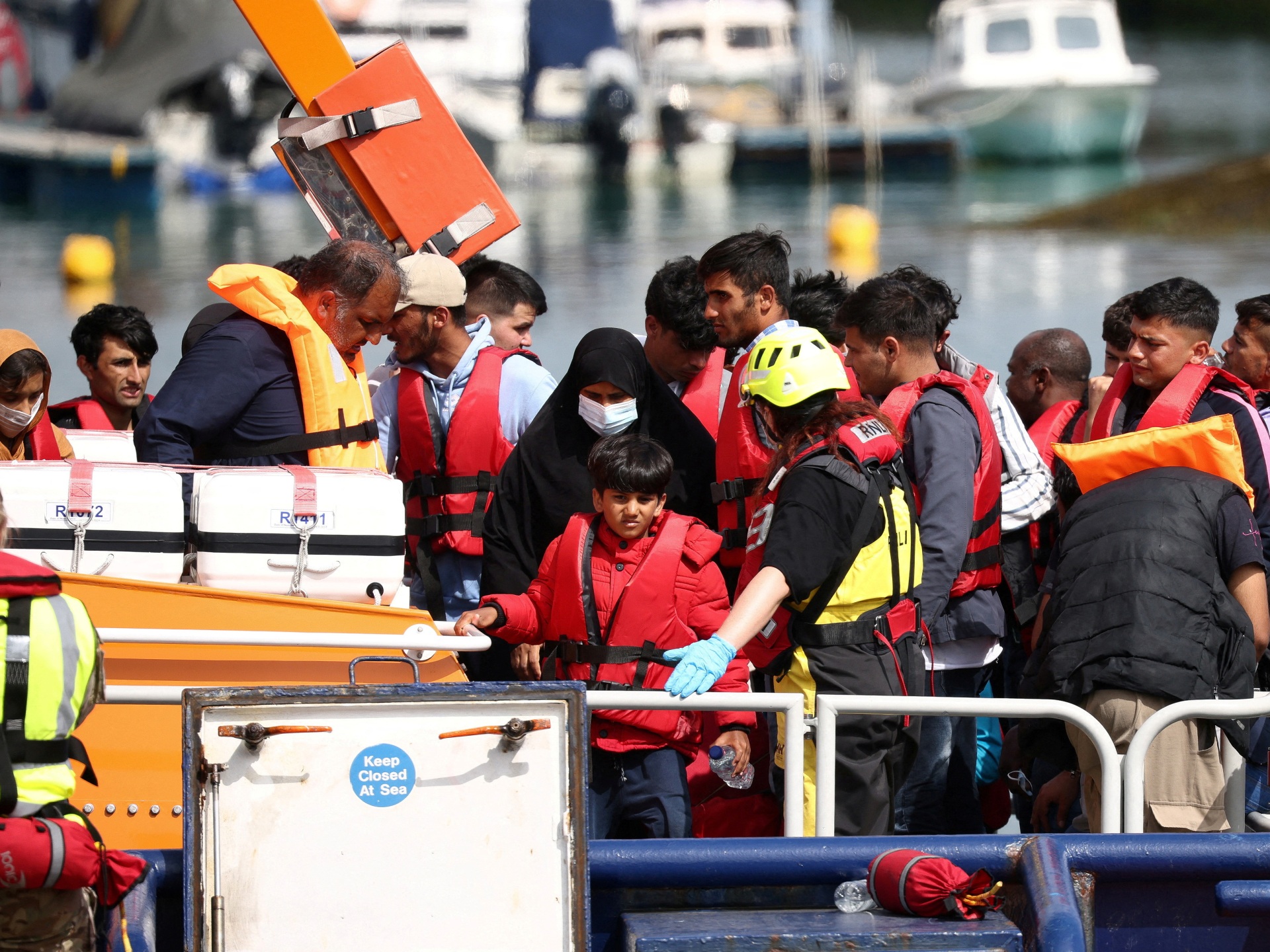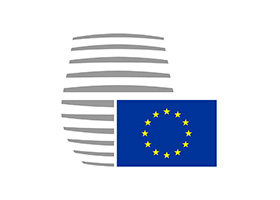British Prime Minister Rishi Sunak says will introduce legislation to halt people from remaining in the UK ‘illegally’.
British Prime Minister Rishi Sunak pledged to clear a backlog of asylum-seeker applications as he announced new measures aimed at curbing the number of people reaching the United Kingdom by crossing the English Channel on small boats.
Sunak, who has faced mounting pressure to limit the growing numbers of people arriving by small boats, also said on Tuesday he planned to introduce new legislation early next year to ensure people who arrive through so-called illegal means cannot remain in the country.
“If you enter the UK illegally you should not be able to remain here,” Sunak told parliament. “Instead, you will be detained and swiftly returned either to your home country or to a safe country where your asylum claim will be considered.”
The number of migrants and refugees arriving in England across the Channel has more than doubled in the last two years, with government figures showing Albanians account for the highest number of those arriving by this route.
Sunak announced a new five-point strategy for dealing with illegal immigration, including plans to fast track the return of Albanian asylum seekers, and clear the initial backlog of almost 150,000 asylum cases by the end of next year by doubling the number of caseworkers.
Migrants and refugees arriving on small boats have become a major political issue for the Conservative government, particularly in working-class areas in north and central England, where they are blamed for making it harder to find work and stretching public services.
Sunak said a new unit would be created to tackle crossings and that in the future, asylum seekers would be housed in disused holiday parks, former student accommodation and surplus military sites rather than hotels.
UK Home Secretary Suella Braverman recently called the wave of arrivals an “invasion” and described many of them as “criminals”, leading to an angry response from Albanian Prime Minister Edi Rama.
Concerns over the level of immigration were a driving force in the vote for Brexit in a 2016 referendum, with supporters calling for the UK to “take back control” of its borders.
Sunak said the public are “right to be angry” and said the current system was unfair to those with a genuine case for asylum.
“It is not cruel or unkind to want to break the stranglehold of criminal gangs who trade in human misery,” he said. “Enough is enough.”
The announcement was strongly welcomed by most Conservative members of parliament, who fear they will face defeat at the next election if the government fails to resolve the issue.
Opposition Labour leader Keir Starmer said the last time the government changed the immigration system they made it worse, while some charities said the problem would continue until the government allowed asylum claims outside the UK.
Sunak’s remarks drew criticism from the UN refugee agency, which said in a statement the plans would “undermine the global refugee system at large” and violate international refugee law.
Sunak’s approach “would close down access to asylum in the UK for all but a few,” the UNHCR’s assistant high commissioner for protection, Gillian Triggs, said. “This would likely result in refugees having no means to establish their status and place them at risk of forced return to unsafe countries, in breach of the Refugee Convention.”



